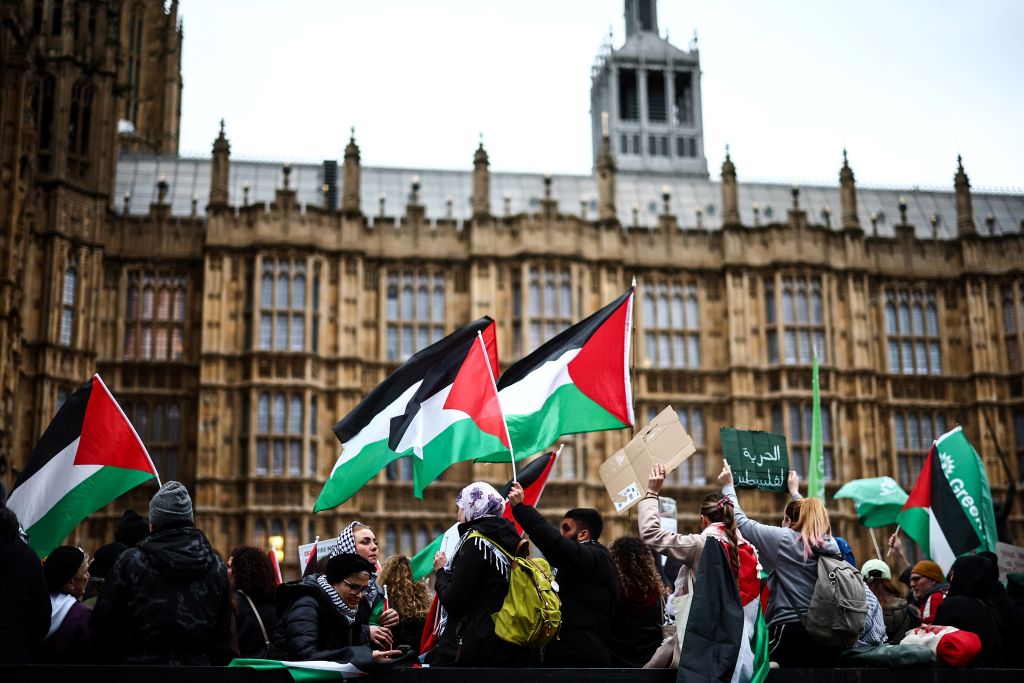The government and the SNP are furious at the Speaker over his parliamentary jiggery-pokery on the Gaza vote. In calling Labour’s amendment to an SNP ceasefire motion alongside the government’s amendment, it meant there was no vote on the Nationalists’ original resolution. It was an SNP opposition day in parliament, but the Speaker handed it to Labour instead.
Lindsay Hoyle’s actions prompted SNP and Conservative MPs to walk out in protest. So far 51 members have signed an early day motion expressing no confidence in the Speaker. Absent a dramatic turnaround in Conservative and SNP feelings about his actions, it is difficult to see how he can remain in office.
Yet in many ways, this is the least outrageous explanation for what happened yesterday. The more objectionable — downright chilling, to be blunt — is one supplied by the Speaker when he addressed the Commons last night to account for his actions:
I take very seriously the danger, that is why I wanted everybody to be able to express their views. I am very, very concerned about the security of all members. I was very concerned, I am still concerned, and that is why the meetings I have had today were about the security of members, their families and the people involved.
There has been extensive reporting on threats made to MPs ahead of the vote and members have said they were fearful for their safety and that of their families if they were not able to vote on a particular motion.
If this is why the Speaker acted as he did yesterday, it would mean that parliamentary procedure was set aside in response to intimidation tactics. That is intolerable in and of itself, but it also sends a message that such tactics work. We can expect more threats on more votes now. Continue on this path and parliament will become nothing more than a rubber stamp on the demands of the mob. It would represent not only the usurpation of parliamentarianism but of democracy itself.
The stakes are suddenly elevated, but why? There has been many a contentious division in the Commons over the years and undoubtedly MPs have received threats and abuse in relation to some of them. The Brexit votes or fox hunting, for example. But since October 7, when Palestinian terrorists invaded Israel and slaughtered 1,200 Jews, we have heard with alarming frequency that MPs are being threatened for not urging an immediate ceasefire in Gaza. This hints at a new degree of militancy in efforts to hound MPs into voting a certain way. Something has changed and intimidation now has a sizeable role in the British political process. Just recently, a government minister cited it as the reason he would not be seeking re-election.
There are urgent questions that come from this. Who are these individuals who were threatening MPs over a vote on a non-binding motion before the House of Commons? Was their campaign of intimidation disparate or was it coordinated? Why did the Speaker choose to upturn parliamentary procedure, over the advice of the Clerk, to appease them? Why did he choose to appease them at all? What action is being taken to prevent further intimidation of MPs from taking place?
There are two much more fundamental questions to be asked. They arise in the shadow of a humbled, pitiful parliament that appears to have bent the knee to dealers in menace and coercion. Question number one: how did we become this country? Question number two: how do we go about undoing it?







Comments